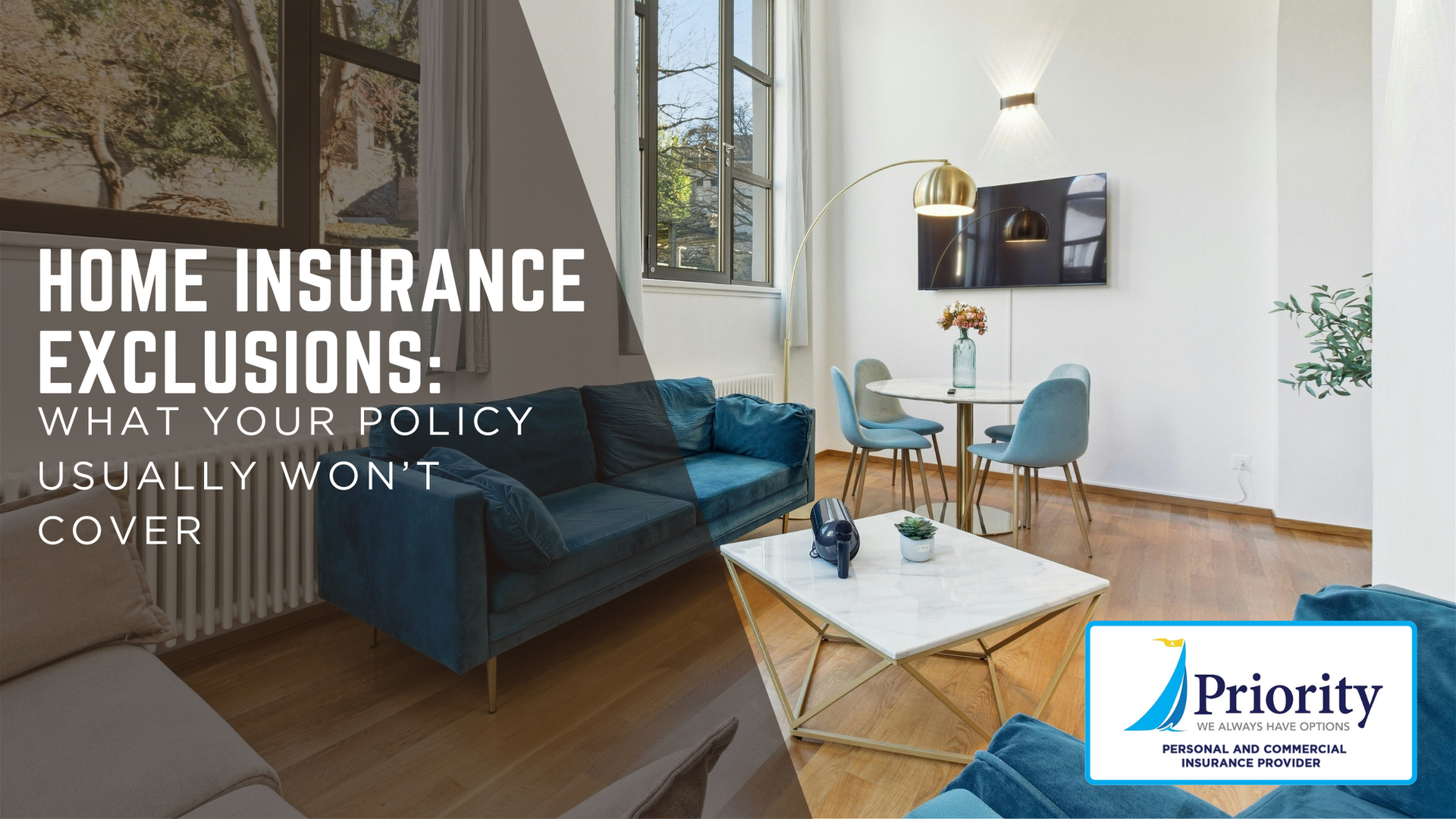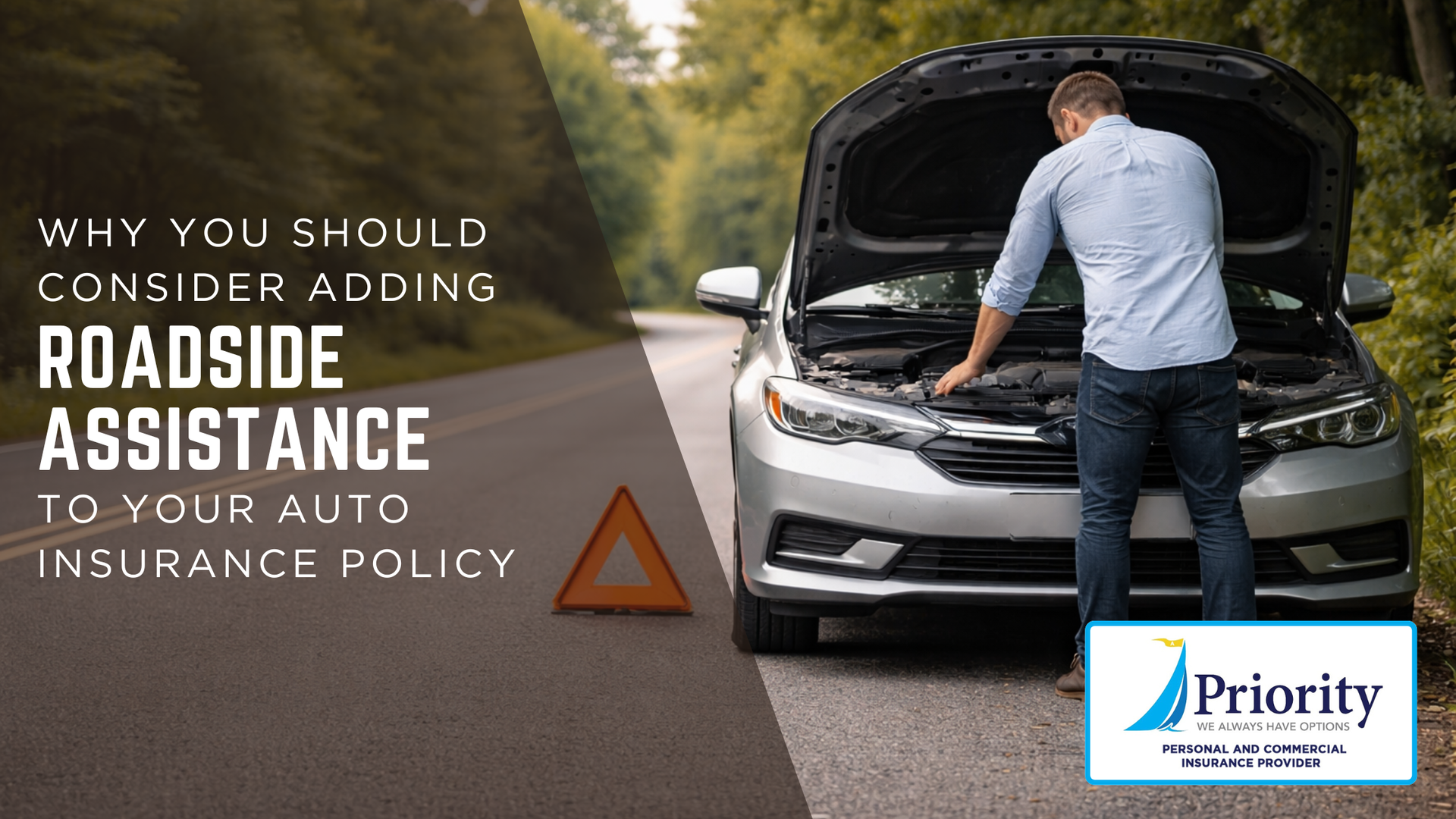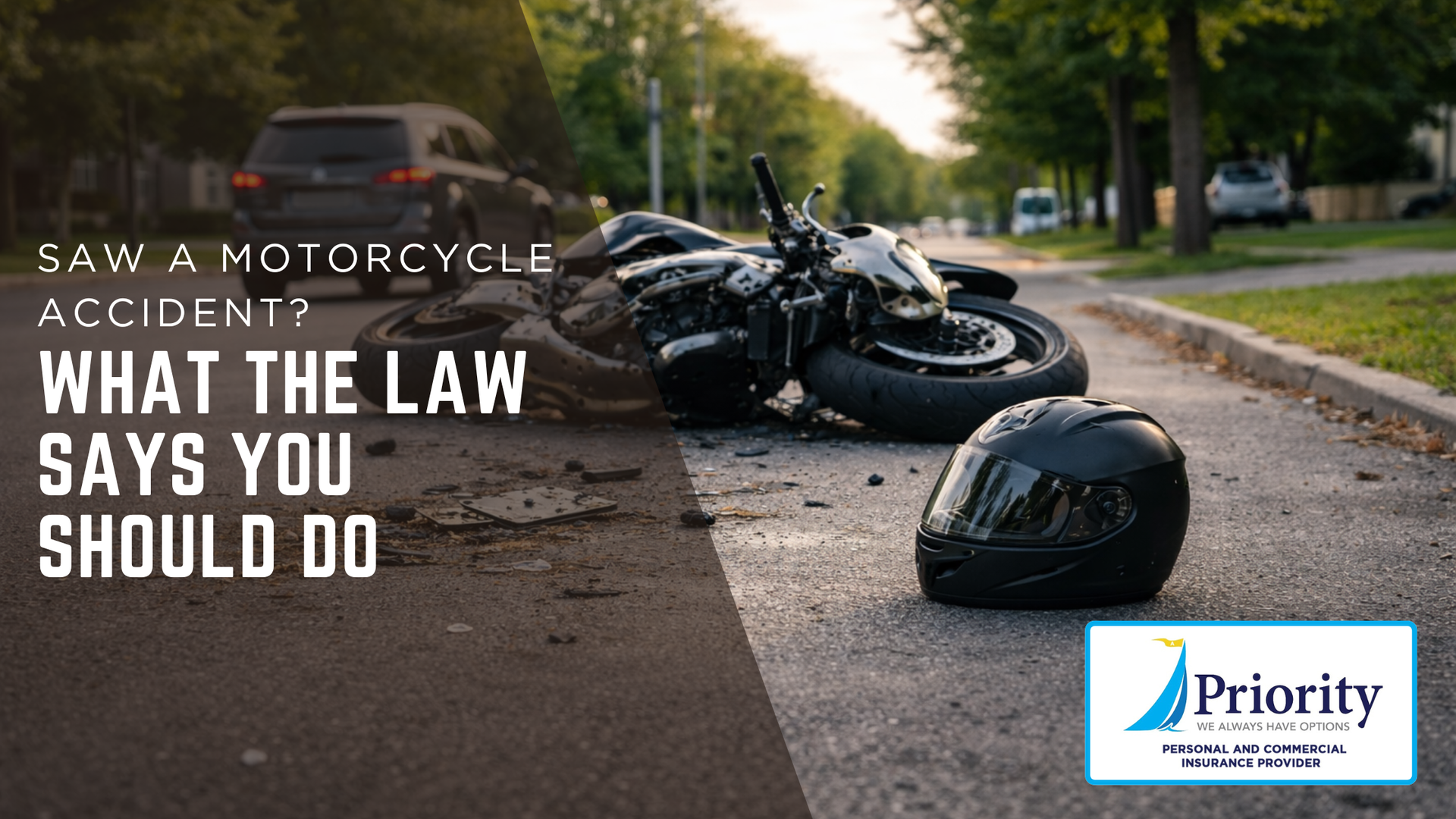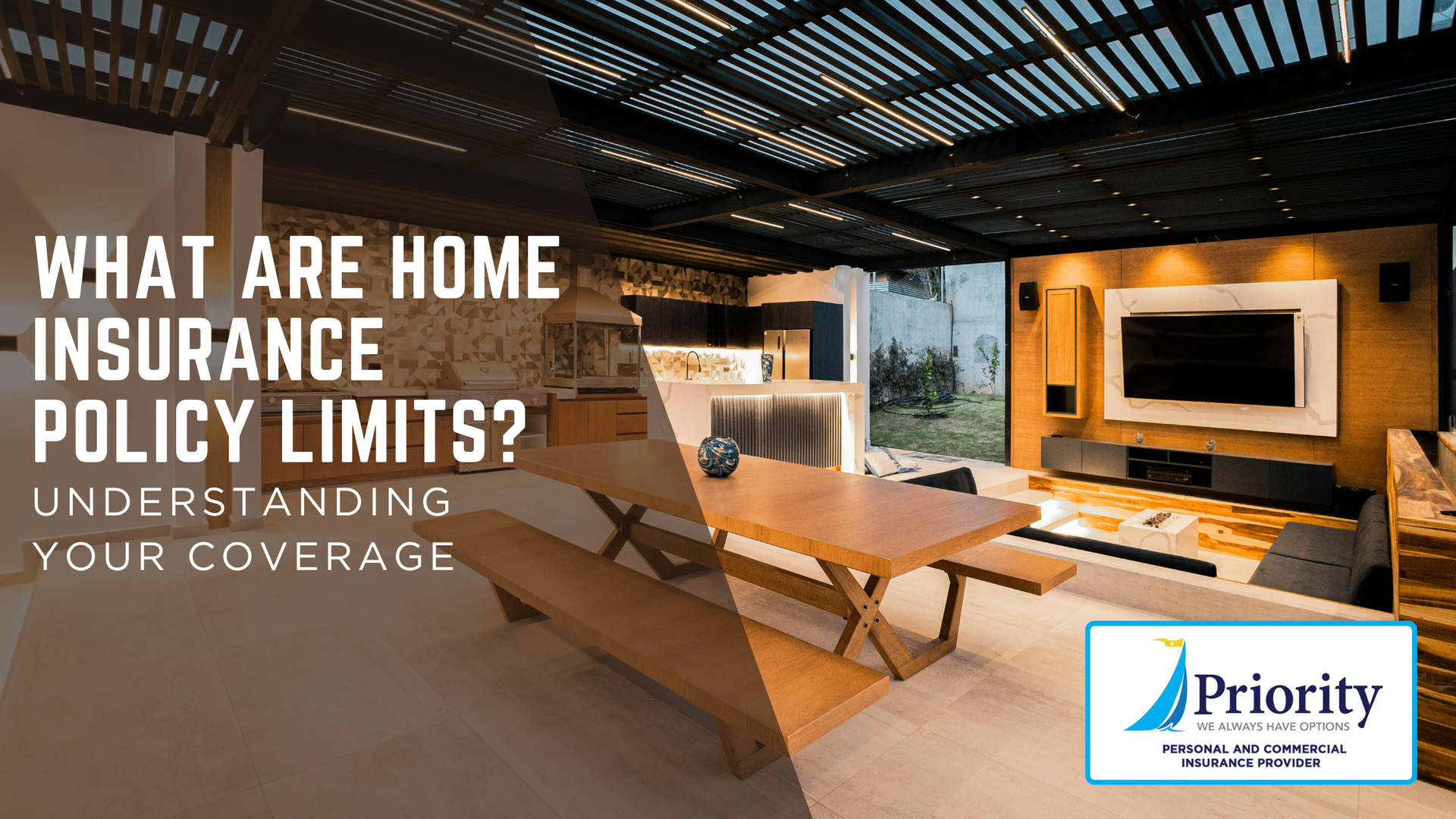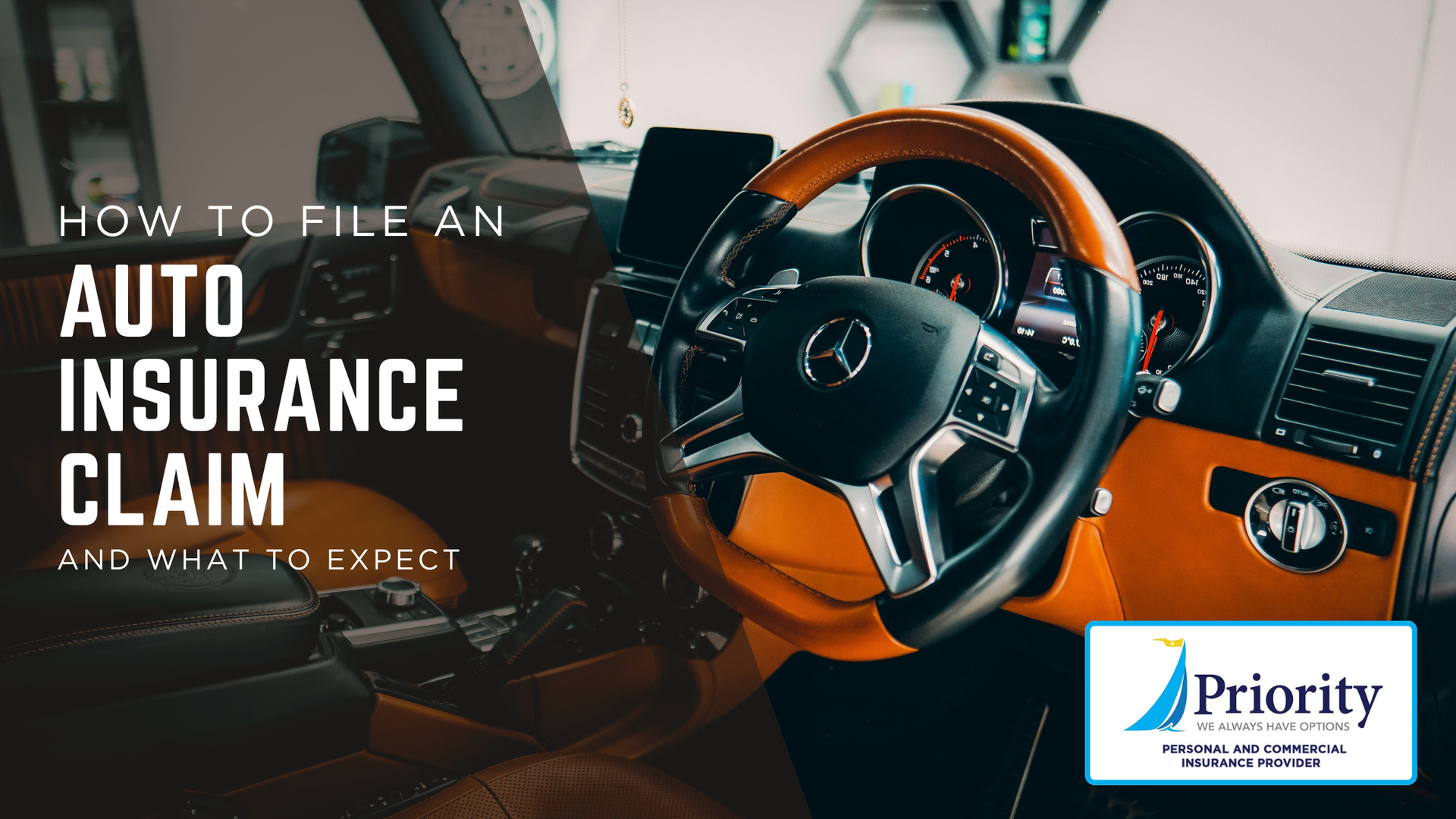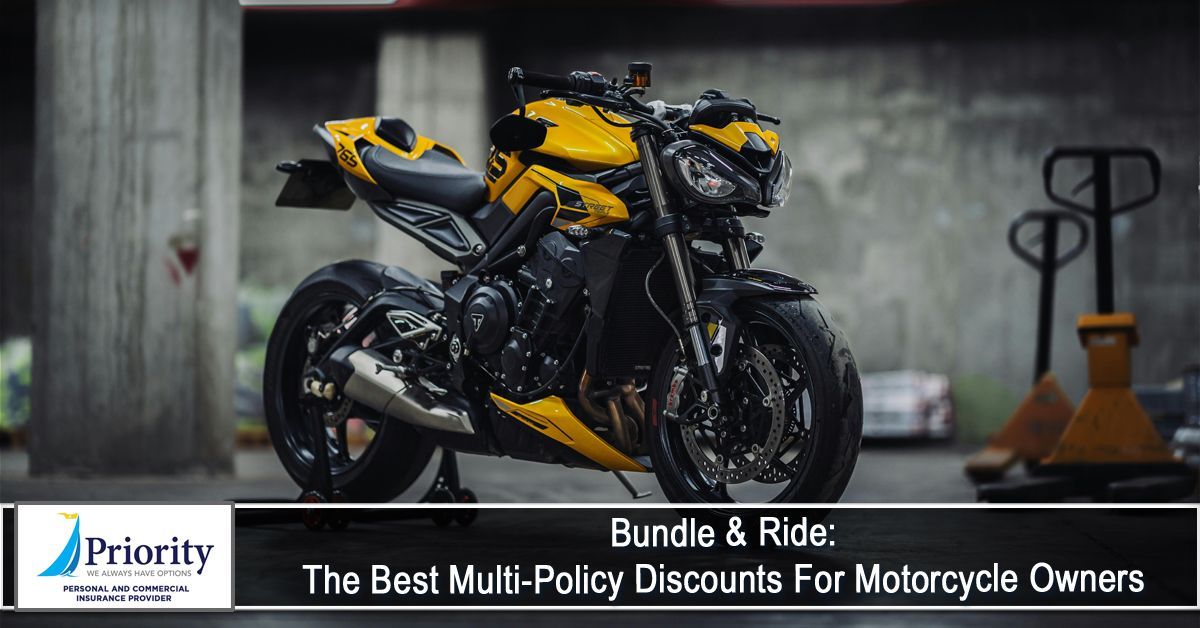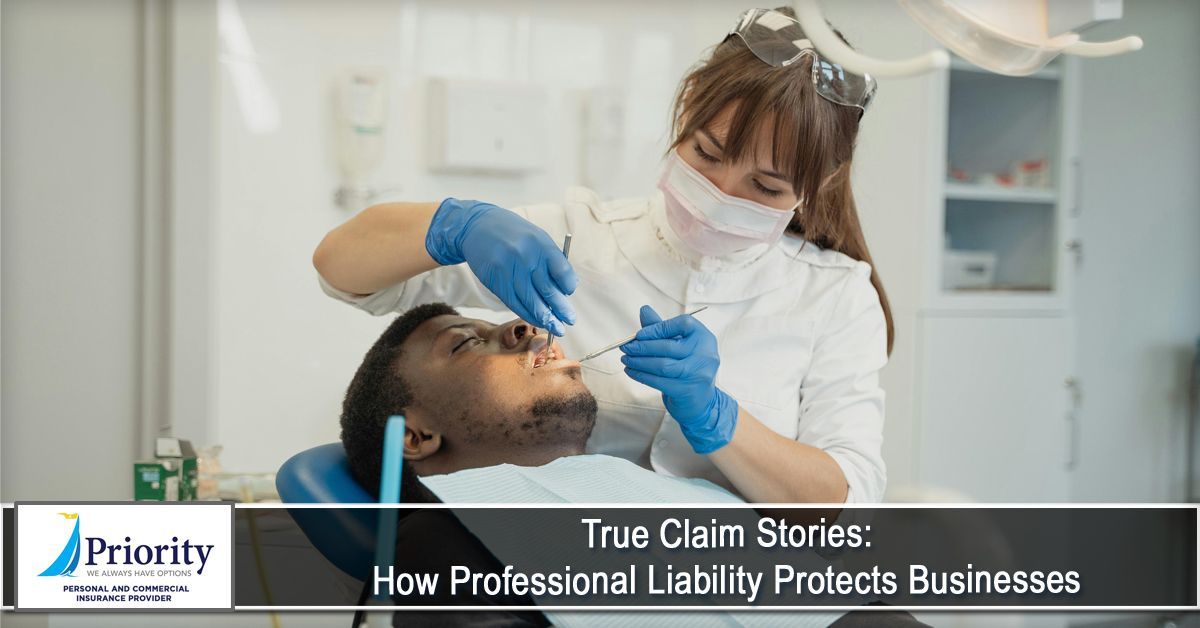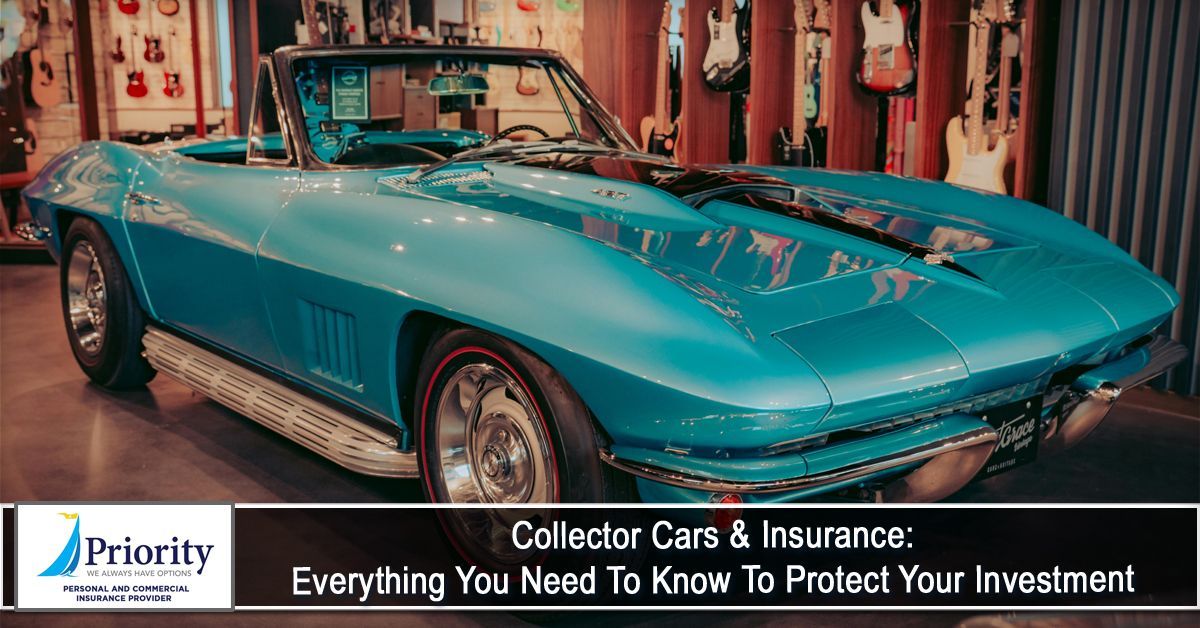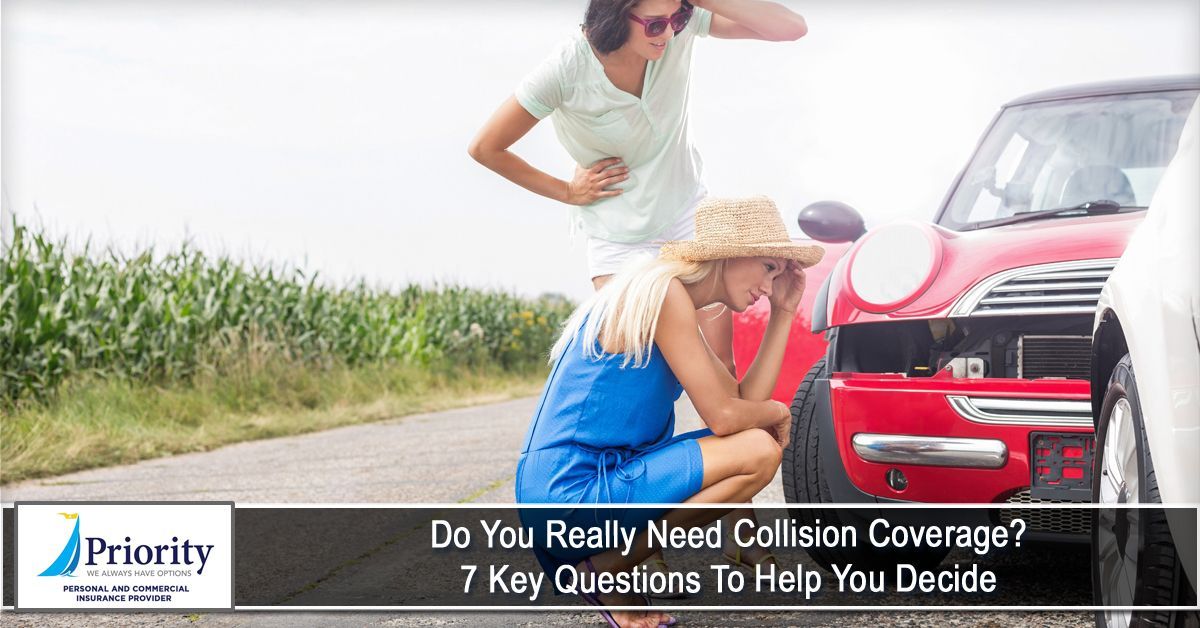
Not all auto insurance policies are created equal—and not every driver needs collision coverage. While collision insurance isn’t required by law, it plays an important role in helping you recover financially from an accident that damages your vehicle. It covers repair or replacement costs if your car is damaged in a crash, regardless of fault.
So how do you decide if it’s right for you? Start with these 7 essential questions to evaluate your need for collision coverage.
1. Is Your Car Financed or Leased?
If you're financing or leasing your car, your lender or leaseholder will likely require you to carry collision coverage until the vehicle is paid off.
Why?
- The vehicle is technically not fully yours—your lender has a financial interest in the car.
- Collision coverage ensures that repairs or replacements are covered if the vehicle is damaged.
Tip: Once your loan is paid off, re-evaluate if keeping collision coverage makes sense based on your car's value.
2. Can You Afford to Repair or Replace Your Car Out-of-Pocket?
A single accident can cost thousands in repairs—or even total your vehicle. Ask yourself:
- Could I cover a $5,000+ repair bill without financial strain?
- If my car is totaled, can I afford to buy another vehicle?
If the answer is no, then collision coverage may be a wise financial safety net.
Collision coverage helps pay for:
- Accidents involving other vehicles (even if you're at fault)
- Single-vehicle accidents (e.g., hitting a tree or guardrail)
- Hit-and-run scenarios in some cases
3. What Is the Current Value of Your Vehicle?
The value of your car plays a big role in whether collision coverage is worth the premium.
General guideline:
- Newer or higher-value vehicles: Collision coverage is typically worth it due to the high repair/replacement cost.
- Older vehicles with low market value: It may not make financial sense to carry coverage that could cost more than what the car is worth.
🔍 Use tools like Kelley Blue Book or Edmunds to estimate your car’s current value.
4. How High Is Your Risk of an Accident?
Your personal driving history and habits matter. Evaluate:
- Have you been in multiple accidents?
- Do you drive in high-traffic or hazardous areas?
- Do you have a long daily commute?
- Are there adverse weather conditions where you live?
If the risk is high, collision insurance is more likely to pay off over time.
5. What Are Your Deductible and Premium Costs?
Collision coverage comes with a deductible—the amount you must pay out of pocket before insurance kicks in. Consider:
- Higher deductibles lower your premium, but raise your financial burden after an accident.
- Lower deductibles cost more monthly but reduce out-of-pocket costs in a claim.
Do the math:
If your premium plus deductible exceeds the car’s value, it may not be cost-effective to keep collision coverage.
6. Does Your Vehicle Have Modern Safety Features?
Modern cars come with advanced safety features that reduce accident risk, such as:
- Lane departure warnings
- Backup cameras
- Emergency braking
- Blind spot detection
While these features may reduce the likelihood of needing to file a collision claim, they don’t eliminate all risks—especially if you drive in busy or high-risk areas.
Even the safest drivers can be hit by someone else.
7. How Much Would Losing Your Car Impact Your Life?
If your car is your only means of transportation, losing it—even temporarily—could:
- Disrupt your work or income
- Impact your family’s daily routine
- Cause significant stress or financial strain
Consider:
If losing your car would create a major lifestyle or career disruption, collision coverage is a smart buffer against sudden financial hardship.
Final Thoughts: Is Collision Coverage Worth It?
Ultimately, the decision to carry collision coverage comes down to your personal financial situation, risk exposure, and vehicle value. While it's not legally required, it can provide significant peace of mind—especially if an unexpected accident could derail your finances.
Before making your decision:
- Get a quote and understand your deductible options
- Compare the cost of coverage to your vehicle’s value
- Talk to an insurance agent about discounts you may qualify for (e.g., safe driver, bundling, anti-theft devices)
Collision insurance isn't for everyone, but for many drivers, it's a valuable part of a well-rounded auto insurance plan.
At Priority Insurance LLC, we put our clients first by offering them policies that they can afford. Having insurance is a necessity nowadays, and we're here to help you out. Learn more about our products and services by calling our agency at (864) 297-9744. You can also request a free quote by CLICKING HERE.
Disclaimer: The information presented in this blog is intended for informational purposes only and should not be considered as professional advice. It is crucial to consult with a qualified insurance agent or professional for personalized advice tailored to your specific circumstances. They can provide expert guidance and help you make informed decisions regarding your insurance needs.
